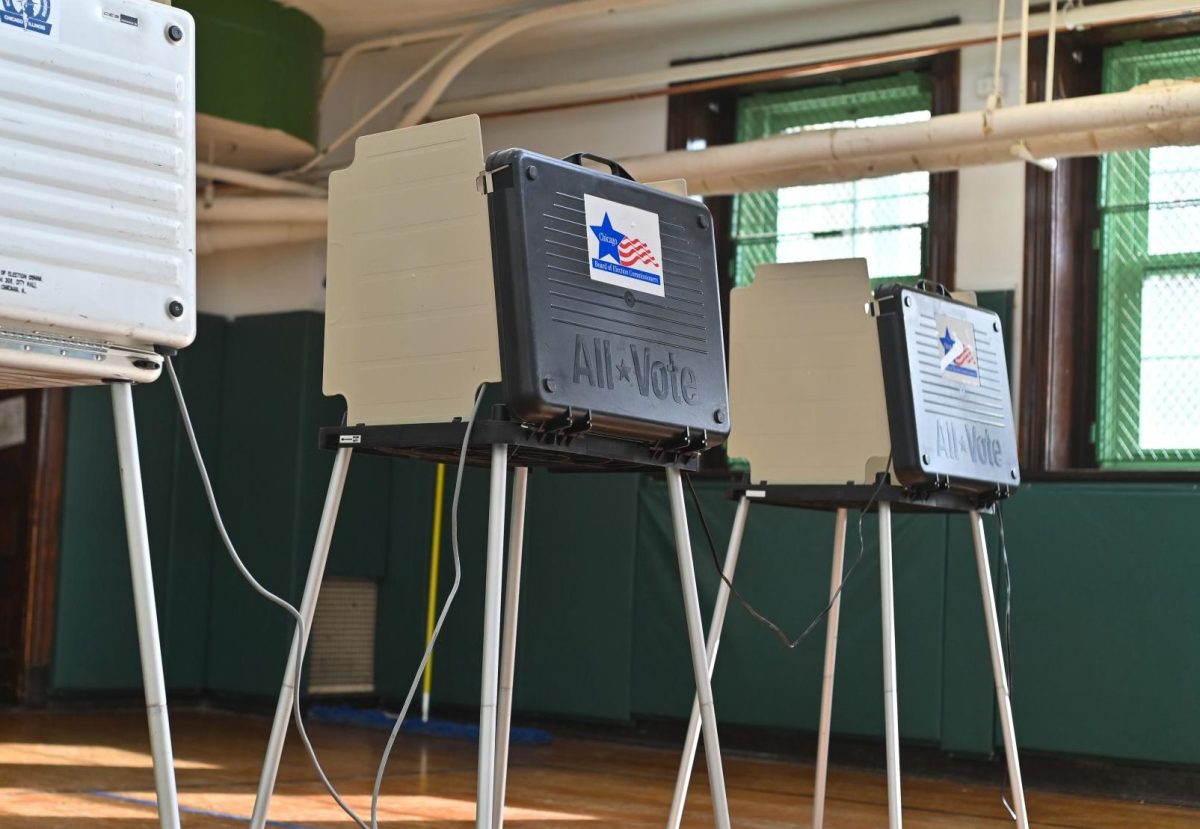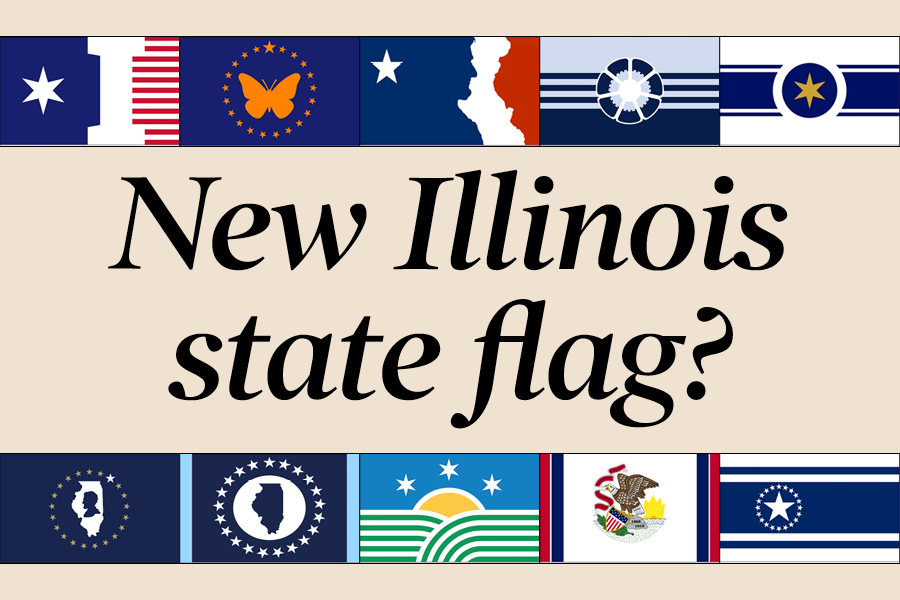When polls opened for the Illinois Primary on March 19, voters had a chance to express their preference for candidates and their stance on local referendums. The Bring Chicago Home referendum pushed by Mayor Brandon Johnson and the City Council was to direct more state funds toward fighting homelessness and poor housing conditions. Yet, it was clear soon after voting stopped that it would not pass, and as of March 25, 52% of voters selected no.
The referendum’s opponents said amending the real estate transfer tax is not the right plan as it would hurt commercial property owners and landlords around Chicago. The coalition stressed the urgency of their referendum and had many supporters, yet preelection lawsuits that claimed the referendum was an improper grouping of two separate causes — homelessness and higher taxes — into one question may have contributed to its loss.
“I can say that what I’ve been hearing is that this had been polling pretty well,” Jake Sheridan, a Chicago Tribune reporter who reported on BCH, said to the Midway. “The opponents were expecting this to pass, the people running the campaign were pretty confident that it would pass. When the lawsuits were put in question, I can imagine that it made fundraising really hard.”
In a Midway interview with Leslie Perkins, chief of staff for Alderperson Maria Hadden, an early BCH supporter, indicated that the City Council and the Johnson administration will have to figure out if there’s another revenue source to help pay for homelessness services, including permanent supportive housing and preventative services for people who are at risk of becoming homeless.
Communities United, a nonprofit survivor-led organization, joined the BCH campaign due to their shared ideals of advancing efforts in social issues, such as affordable housing. Many of the communities they help need housing support and preventative services, and hope the coming months will yield change.
Alexandra Moreno, 19, is a first-generation college student majoring in social work at Truman College who worked with CU on the campaign. Three or four times a week, she knocked on doors in Albany Park on the North Side. She’d been inspired to work with CU out of first-hand experience living with her family in a doubled-up apartment, where more people are living in the space than there are rooms for.
Ms. Moreno said she knows people doubled up or living on the streets.
“I don’t like seeing them like that,” Ms. Moreno said. “It’s really hard to see that, young people, young kids, it’s really frustrating to see — and what if that happens to me?”
Despite the coalition and the Johnson administration’s efforts to campaign the referendum, it’s now back to the drawing board for Bring Chicago Home.





















































